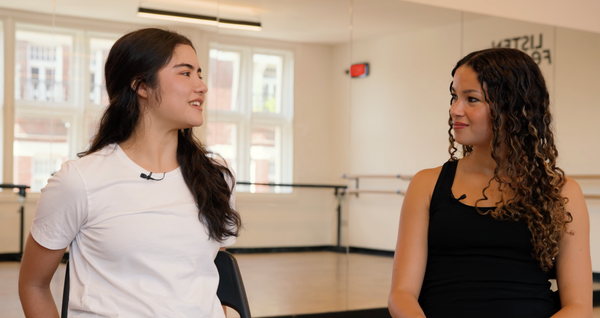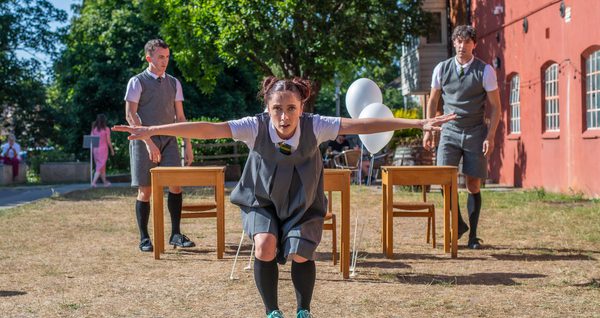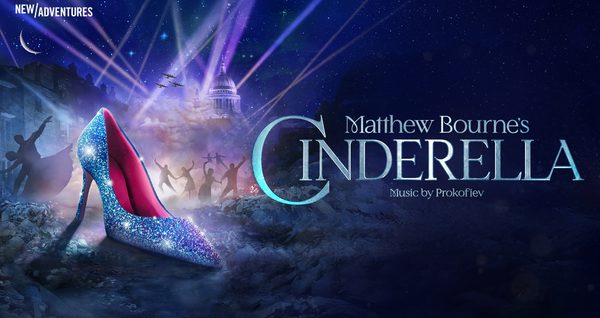Brett Morris has been the Music Director and Principle Conductor of New Adventures for two decades. Brett is also an Associate Artist of the company. Read on to find out his thoughts on Sergei Prokofiev's score of Romeo and Juliet.
As Prokofiev's music for Romeo and Juliet is undoubtedly one of the most well-known and best-loved ballet scores, it might surprise the listener to learn that its progress to the stage was far from straightforward, and that even now, there are various performing editions in active use around the world which vary in their orchestration. Despite these differences in orchestral colour, Prokofiev's music retains its dramatic power, making it arguably the greatest romantic ballet scores of the 20th century.
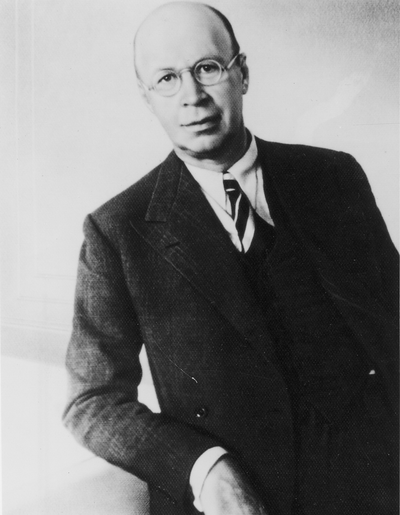
In part, this greatness is because the piece is deeply imbued with a strong sense of psychological characterisation for each of the main protagonists. Romeo, Juliet, Friar Lawrence, Tybalt, Mercutio and the Nurse are all given musical themes which relate to their personalities, and the harmonic development and orchestral variation of these themes propels the emotional dimension of the drama onwards. Additionally, Prokofiev allocates various musical motifs to emotional aspects of the story, and the subtle interweaving of these motifs throughout the score guides the listener towards the emotional heart of the drama as it unfolds.
Whilst it might seem hard to believe now, the cultural isolation of the Stalinist years made Prokofiev’s music difficult to comprehend by the dancers of Russia’s ballet companies at the time. This situation, combined with various political factors, were to have significant impact on the initial performance trajectory of the piece.
Prokofiev composed the score at a remarkable speed, beginning it in May 1935 and completing it by the end of August the same year. Originally conceived as a premiere for the Mariinsky Theatre in Leningrad, the piece was subsequently rejected by them on the grounds that it was impossible to depict the subtleties of Shakespeare’s drama without text. Prokofiev’s score was then contracted to The Bolshoi Theatre in Moscow, only to be jettisoned by them on the grounds that the music was un-danceable, given its symphonic nature. Meanwhile, realising the value of his composition, Prokofiev extracted selections from the ballet to comprise two orchestral suites, which were performed in Moscow and the United States well in advance of the actual ballet itself, which eventually received its premiere in Borno in 1938.
Many years later, Matthew Bourne has made a decision to create his version of Romeo and Juliet on a more intimate scale than is usually found in traditional classical ballet versions of the piece. It was this artistic choice which led Terry Davies to re-create the score for a small chamber orchestra of 15 players. Whilst being respectful to the original orchestration, Terry was clear that this new version was not to be an orchestral reduction of Prokofiev, but a re-imagination of the orchestration from the ground up.
In deciding upon the best combination of instruments to be used in this new version, Terry felt it important to create an acoustic sound-world with plenty of orchestral colour. In order to achieve this, many of the players are called upon to play two or three different instruments each. As grand romantic gestures would be less convincing with this scale of orchestra, Terry has pared back the orchestral atmosphere to an intimate, simple, and at times fragile, palette of sound. This approach is extremely demanding on the orchestra, as it necessitates each player to be a soloist in their own right, whilst interacting with their colleagues in a highly sensitive way.
A process of elaborating, refining and reworking the score has taken place during the rehearsal period with the dancers, in order to create a specific version of Prokofiev’s masterpiece which feels truly embedded in the vision which Matthew has for this new production of Romeo and Juliet. We hope you enjoy it!
Find out more about the music of Romeo and Juliet from Matthew Bourne and Conductor Dan Jackson in the video below.
Meet the Music Creatives
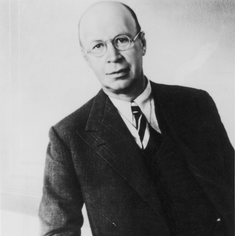
Sergei
Prokofiev
Composer
Terry
Davies
Composer, Associate Artist
Alexander
Ling
Young Associate Orchestrator
Paul
Groothuis
Sound Designer, Associate Artist
Rachel
Goldberg
Young Associate Sound Designer
Brett
Morris
Music Director & Principal Conductor, Associate Artist
Dan
Jackson
Conductor
